The Office of the Director of Public Prosecutions (ODPP) has doubled down on its decision to charge protest suspects with terrorism-related offences—rejecting mounting criticism that the move is excessive and aimed at stifling dissent.
High-Stakes Charges Under Scrutiny.
In the aftermath of June unrest, over a dozen individuals alleged to have damaged property were arraigned on terror-related counts—a development that has ignited fierce legal debate and public outrage.
Critics, including political leaders and civil rights lawyers, argue the charges fall far below the legal standard for terrorism, pointing out that the accused were not plotting violence but allegedly involved in destruction of state property.
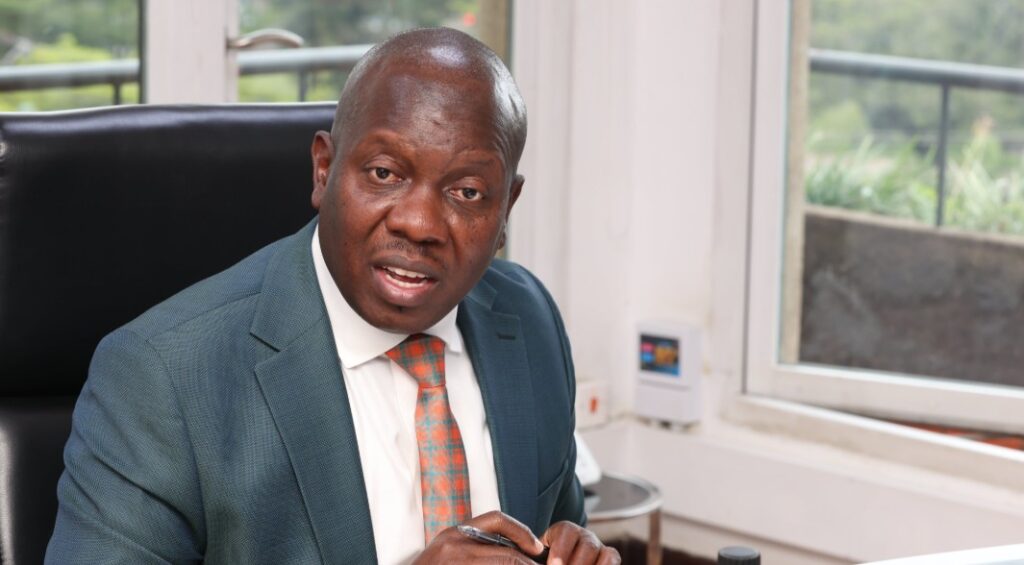
ODPP’s Defense: Legal Grounded.
Defender-in-chief, the ODPP Director, publicly affirmed the charges are “legally justified,” citing the threshold set by anti-terror legislation.
The office insists the alleged acts qualify as terrorism due to their severity, potential to destabilize public order, and methodical criminal intent. They maintain that courts will be the ultimate arbiters, not public sentiment.
Political and Legal Pushback.
Prominent opposition figures have seized on the issue, accusing the state of weaponizing anti-terror laws to intimidate critics. They are urging the ODPP to revise the charges and apply standard criminal statutes instead. Some advocates are preparing constitutional challenges, alleging misuse of prosecutorial authority and flawed charge framing.
Civil Society Alarmed.
The Law Society of Kenya (LSK) has raised the alarm about the trend of over-charging peaceful protesters under sweeping security legislation. They warn such practices may lead to a chilling effect on freedom of expression and peaceful assembly—cornerstones of democratic society. Calls for prosecutorial restraint are growing louder.
What Comes Next.
Preliminary legal tests ahead: As courts schedule hearings, decisions will set critical precedent on how terrorism law interprets property destruction and protest.
Potential for charge amendment or dismissal: Legal teams for the accused are expected to file motions challenging both the framing and sufficiency of the charges.
Watch for judicial clarity: Kenya’s judiciary is now under pressure to define the boundary between legitimate protest and terrorism—a line that will shape public discourse and future prosecutions.

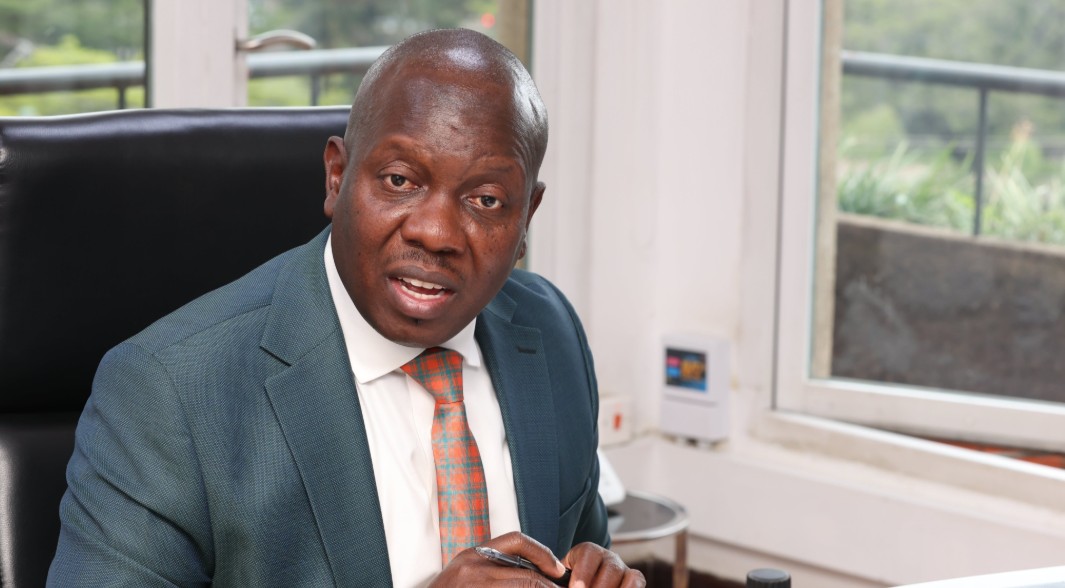
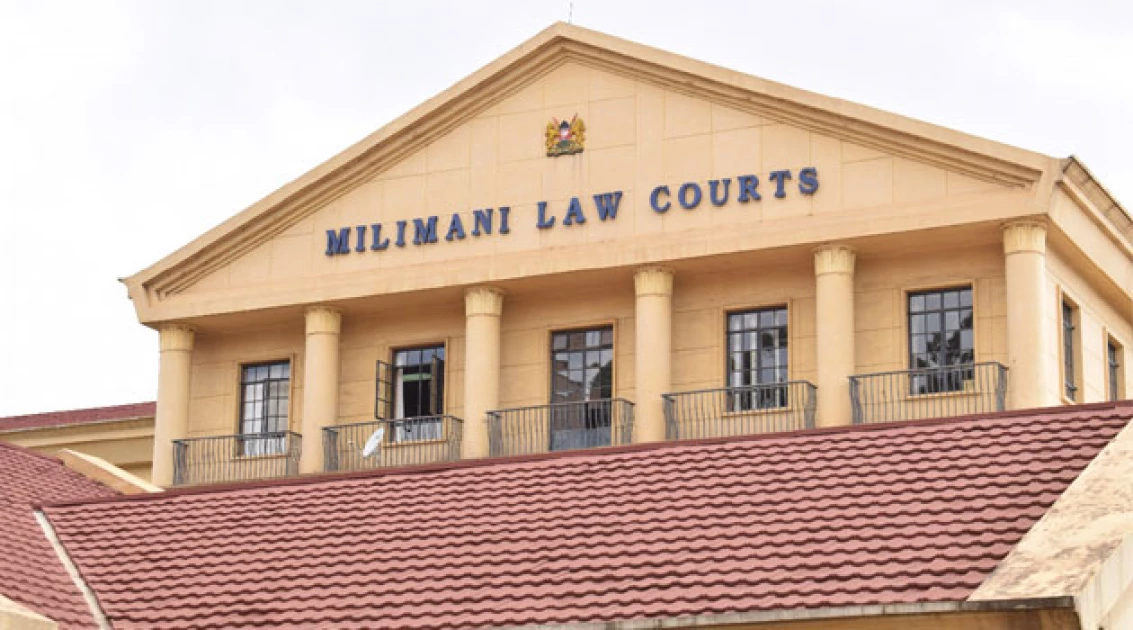
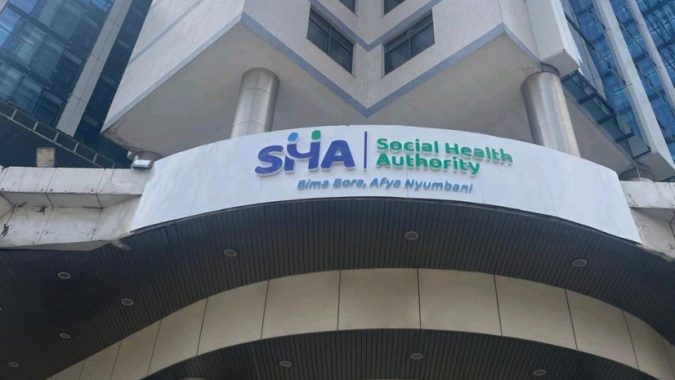

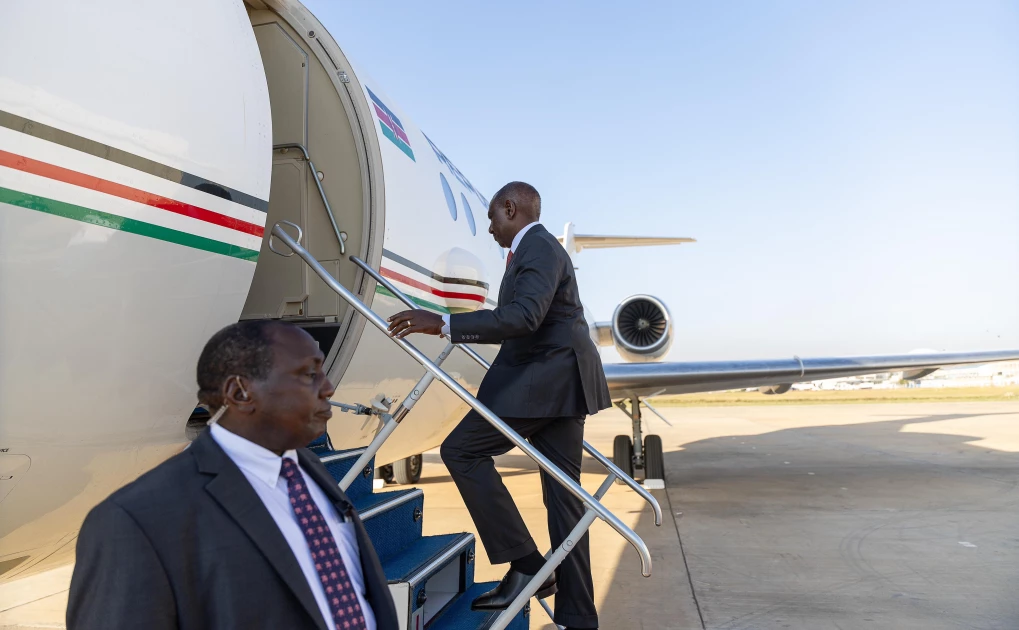
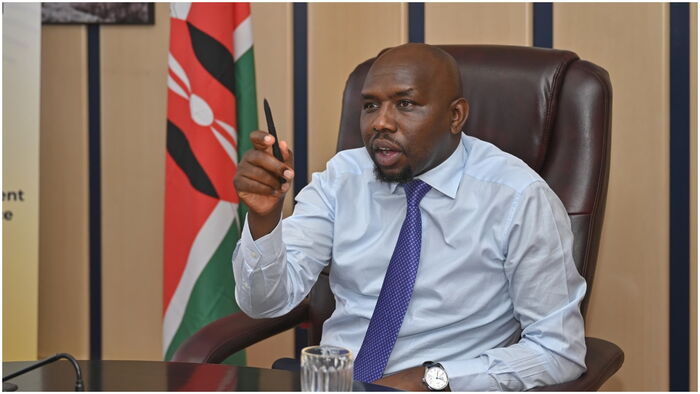
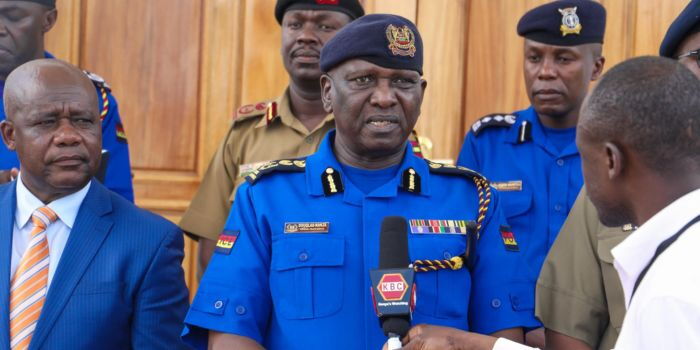
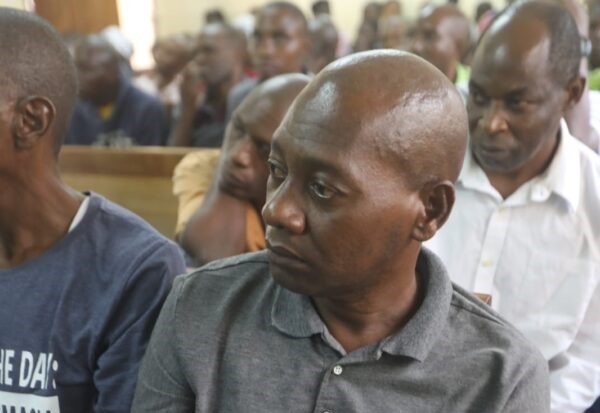
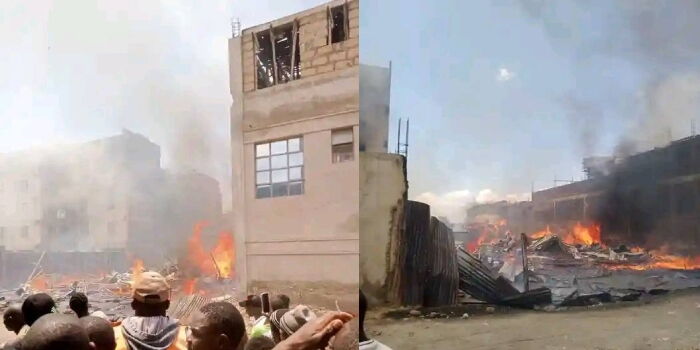
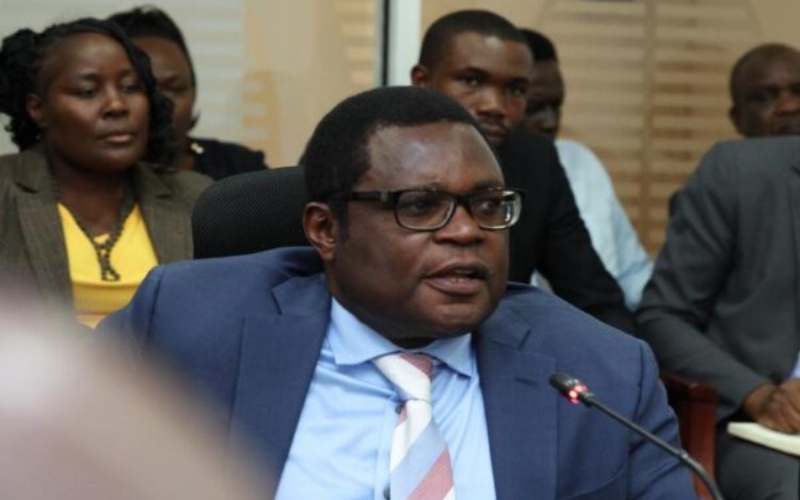

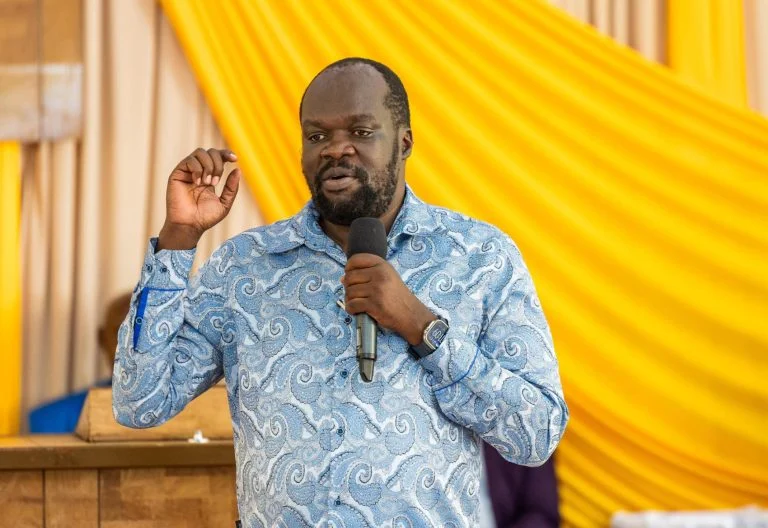
Leave a Reply